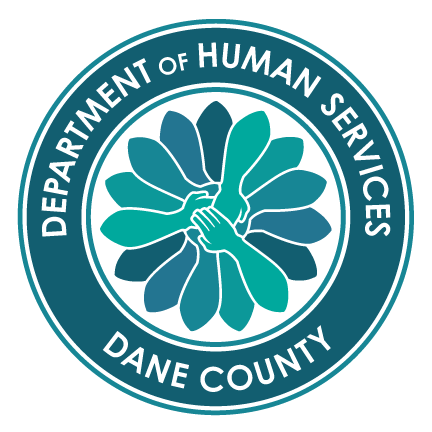
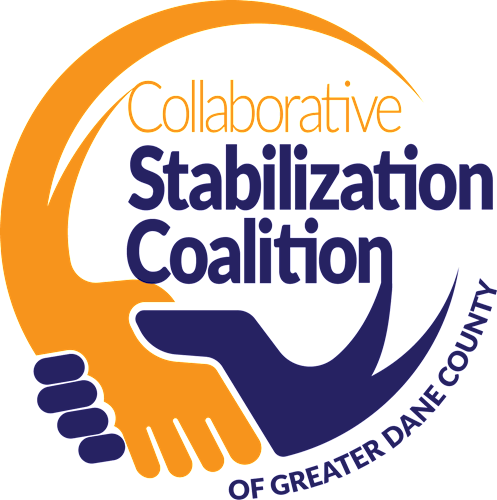 Collaborative Stabilization Coalition of Greater Dane County
Collaborative Stabilization Coalition of Greater Dane CountyCollaborative coalition of Dane County leaders working to stabilize, educate and support adults living with dementia, or other cognitive impairments such as Intellectual/Developmental Disabilities (I/DD) in an effort to reduce their risk of crisis.

The Collaborative Stabilization Coalition of Greater Dane County (CSC) was formed in June 2019 with initial support of WI Dept. of Health Services Crisis Innovation Grant funding that ran through June 2021. The CSC is comprised of representatives from all local Managed Care Organizations serving Dane County residents, IRIS Consulting Agencies, law enforcement, emergency services, behavioral health, County staff and local experts supporting persons with living with dementia or other cognitive impairments such as intellectual or developmental disabilities.
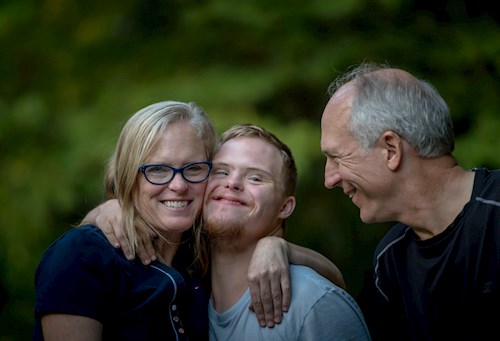
CSC members believe it is important to have a shared understanding of what crisis means for people with dementia or other cognitive impairments. As a result, this crisis definition was developed and is a core component of the work done by the coalition. An acute episode, or a series of events that destabilizes a person to the point they may be viewed, or are considered to be, unsafe to themselves or others, and as a result, is at risk of being removed from their home to a more restrictive environment.

Conducting outreach to bring community awareness about crisis planning and prevention.
Improving and maintaining effective communication and collaboration between state contracted and county systems, support providers and other stakeholders.
Preventing and reducing Institute of Mental Disease (IMD) stays for adults with Intellectual/Developmental Disabilities (I/DD) and dementia.
Providing training for caregivers and crisis responders who work with adults living with dementia or other cognitive impairments on the varied aspects of planning and crisis prevention.

Coalition membership is voluntary with the expectation that at least one representative from each stakeholder entity attends monthly Steering Committee meetings and participate in workgroups as needed.
Ad hoc workgroups form around issues as needed.
Currently the workgroups that meet on a regular basis include:
Past workgroups include:
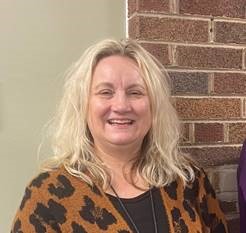
Manager - Disability Services
Dane County Human Services
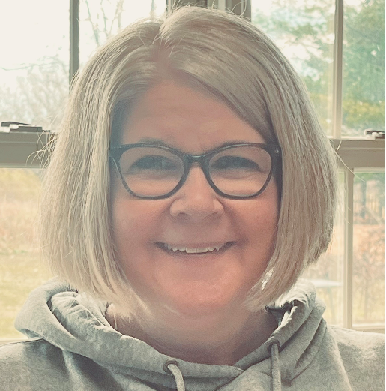
Manager - Adult Protective Services
Dane County Human Services
CSC Crisis Prevention Summit – Community Outreach Wisconsin – UW–Madison